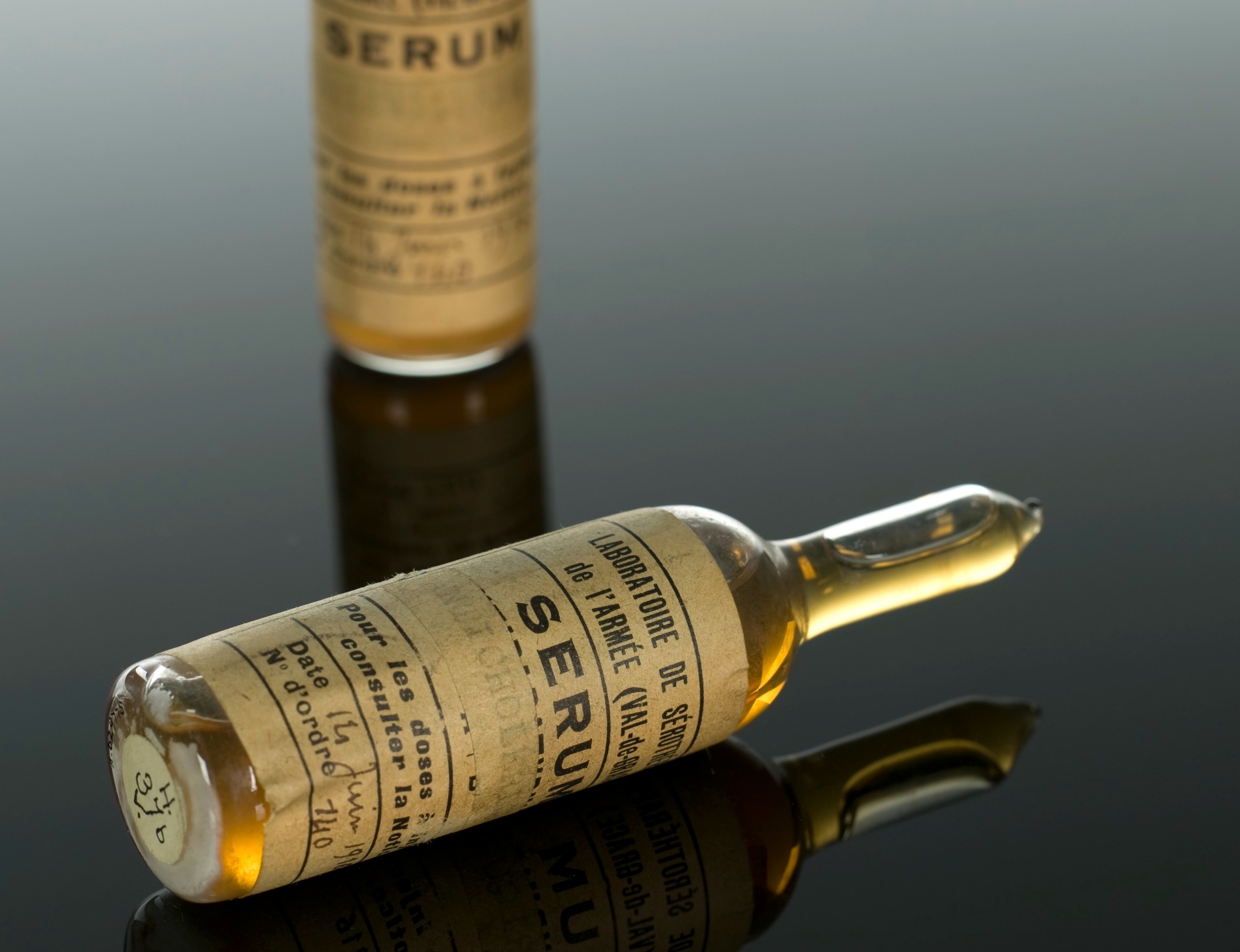
The word “immunise” is a latecomer into English. The first known recorded use is in 1889 in a journal called Sanatorian. It noted that living organisms could be “immunized” through injection without tissue damage. This turning of the word “immune” into a verb may have come via the German verb “immunisieren”.
The root of the word, however, is the Latin “immunis”, meaning exempt from taxation. “Munis” meant being ready for service, so with “im” in front of it, you were the opposite. As was often the case, the word was absorbed into Romance languages, taking the usual pathway into English via French.
In the 15th century, you could talk of clergymen being “immune” from tithes (taxes). By 1440 it was already being used in a broader sense, with God being described as immune from fraud, meaning that he was free or clear of it. Over time the term began to be used more figuratively. In 1922, D. H. Lawrence wrote in his short story “England, my England”: “Among the graves, she was immune to the world.”
As a medical term, the word is a keyhole into the history of a form of treatment that now dominates the airwaves. A 30 June 1866 article in the Lancet notes: “Mr Lee then goes on to say that the skin will in time become immune to other irritants as well.” Being immune as a result of an inoculation was first recorded in English in 1882, with the great Louis Pasteur credited with creating immunity to anthrax.
The Covid-19 virus has turned a lot of us, somewhat dangerously, into amateur medics talking in our living rooms about an “immune response” (first recorded in 1923), our “immune system” (1943), or an “immune deficiency” (1965). The phrase “herd immunity” first appeared in 1917, applied, as you might expect, to cattle. As the pandemic hit the UK in March 2020, I noted that three government scientists used the phrase on a single day on radio and TV, as did the journalist Robert Peston in the Spectator. By then, we had become the “herd”. However, the phrase “death rate” (1849) did not accompany it.
This piece is from the New Humanist spring 2022 edition. Subscribe here.

